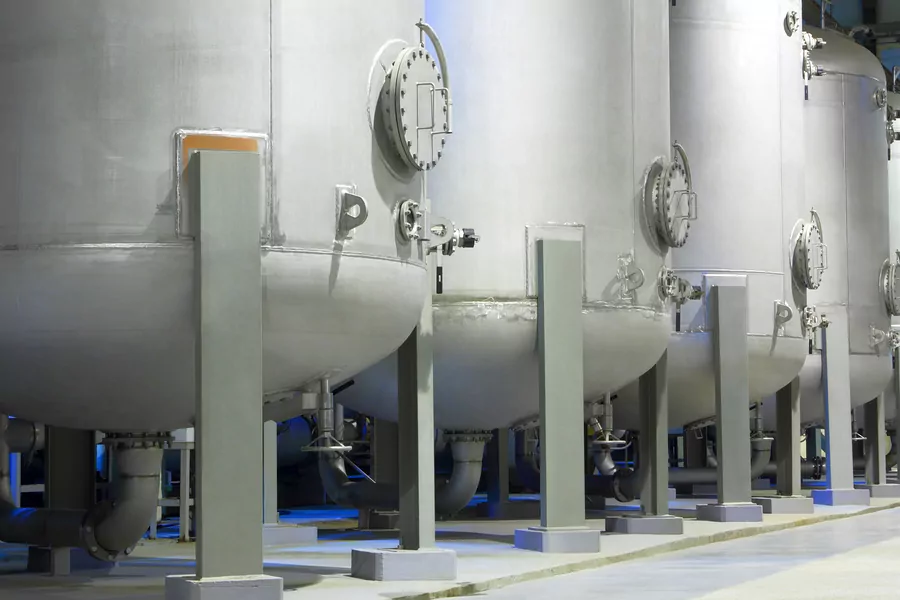In the Hydrogen Industry, it is necessary to be prepared for the many standards and regulations attached to production, distribution, and applications of flow valves. These standards may change from time to time based on scientific discoveries (or even political will), but they are meant to minimize risk to everyone who works with hydrogen flow valves. To achieve compliance, safety, and efficacy, companies need to be clear on what’s expected of them.
Standards, Regulations, and Applications
The first thing to understand is the terminology in the industry. For example, a “standard” is another word for “guideline”. Experts want companies to follow the technical definitions laid out by them, but they cannot force anyone to do so. On the other hand, a code or regulation related to Hydrogen is entirely enforceable by law. When it comes to Hydrogen, many of these laws are designed to prevent destructive fires or the weakening of metal due to exposure. Safety maintenance is essential, and an excess flow valve can help.
Growing Strong
Hydrogen is used in chemical production, welding, food processing, electronics manufacturing, as well as an alternative source of fuel and energy. Hydrogen flow valves work to control the emission of gas, which can be done either automatically or manually. As basic as this concept may seem, the right monitoring device is vital for safety and to the life of the equipment. Purchasing a quality valve can save money and time in the long-run. ChemTec specializes in making flow valves that work to meet all safety regulations while protecting the larger equipment and company they serve. We’re well-known for creating customized solutions that ensure our customers get the right fit for their needs.
